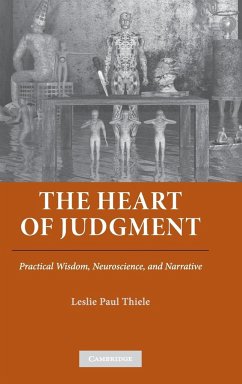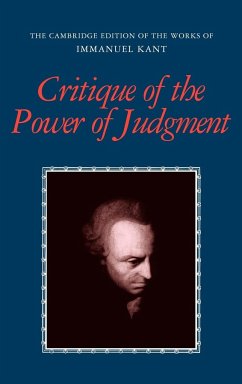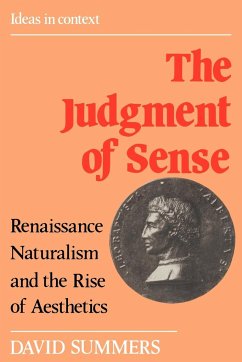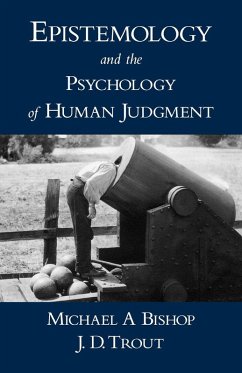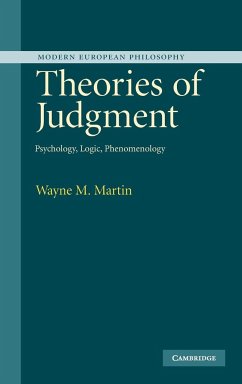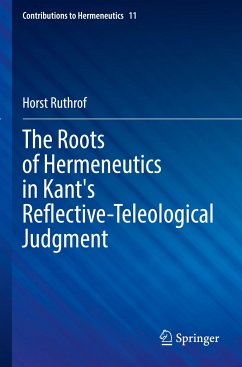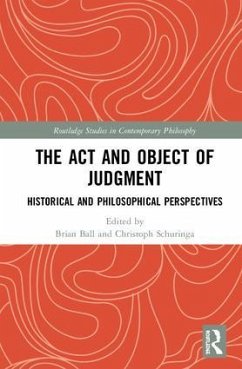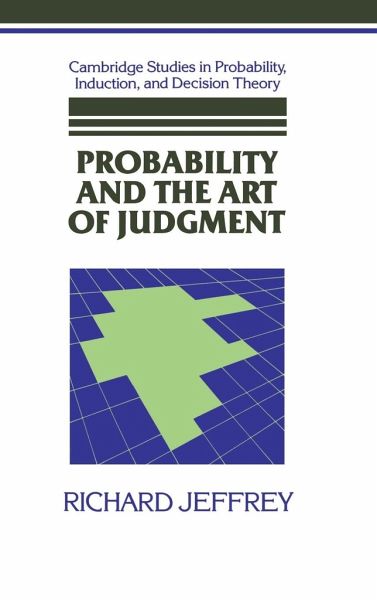
Probability and the Art of Judgment
Versandkostenfrei!
Versandfertig in 1-2 Wochen
87,99 €
inkl. MwSt.

PAYBACK Punkte
44 °P sammeln!
Richard Jeffrey is beyond dispute one of the most distinguished and influential philosophers working in the field of decision theory and the theory of knowledge. His work is distinctive in showing the interplay of epistemological concerns with probability and utility theory. Not only has he made use of standard probabilistic and decision theoretic tools to clarify concepts of evidential support and informed choice, he has also proposed significant modifications of the standard Bayesian position in order that it provide a better fit with actual human experience. Probability logic is viewed not ...
Richard Jeffrey is beyond dispute one of the most distinguished and influential philosophers working in the field of decision theory and the theory of knowledge. His work is distinctive in showing the interplay of epistemological concerns with probability and utility theory. Not only has he made use of standard probabilistic and decision theoretic tools to clarify concepts of evidential support and informed choice, he has also proposed significant modifications of the standard Bayesian position in order that it provide a better fit with actual human experience. Probability logic is viewed not as a source of judgment but as a framework for explaining the implications of probabilistic judgments and their mutual compatability. This collection of essays spans a period of some 35 years and includes what have become some of the classic works in the literature. There is also one completely new piece, while in many instances Jeffrey includes afterthoughts on the older essays.
Table of contents:
Preface; 1. Introduction: radical probabilism; 2. Valuation an dacceptance of scientific hypotheses; 3. Probable knowledge; 4. Probability and the art of judgment; 5. Bayesianism with a human face; 6. Alias Smith and Jones: the testimony of the senses; 7. Conditioning, kinematics, and exchangeability; 8. Preference among preferences; 9. On interpersonal utility theory; 10. Remarks on interpersonal utility theory; 11. Mises redux; 12. Statistical explanation vs. statistical inference; 13. New foundations for Bayesian decision theory; 14. Frameworks for preference; 15. Axiomatizing the logic of decision; 16. A note on the kinematics of preference.
Spanning a period of 35 years, this collection of essays includes some of the classic works of one of the most distinquished and influential philosophers working in the field of decision theory and the theory of knowledge.
Table of contents:
Preface; 1. Introduction: radical probabilism; 2. Valuation an dacceptance of scientific hypotheses; 3. Probable knowledge; 4. Probability and the art of judgment; 5. Bayesianism with a human face; 6. Alias Smith and Jones: the testimony of the senses; 7. Conditioning, kinematics, and exchangeability; 8. Preference among preferences; 9. On interpersonal utility theory; 10. Remarks on interpersonal utility theory; 11. Mises redux; 12. Statistical explanation vs. statistical inference; 13. New foundations for Bayesian decision theory; 14. Frameworks for preference; 15. Axiomatizing the logic of decision; 16. A note on the kinematics of preference.
Spanning a period of 35 years, this collection of essays includes some of the classic works of one of the most distinquished and influential philosophers working in the field of decision theory and the theory of knowledge.





